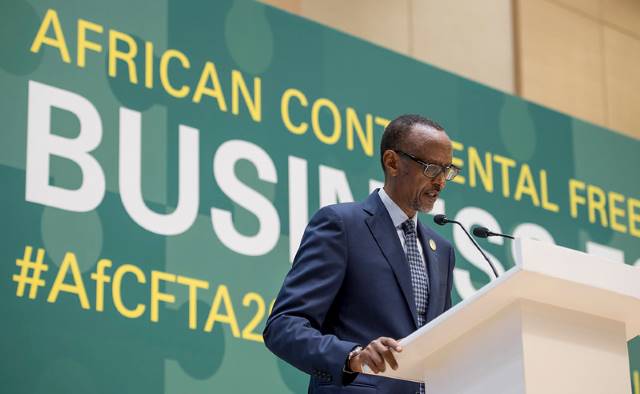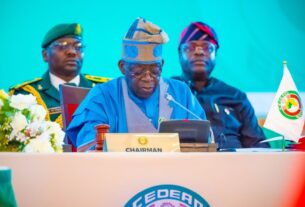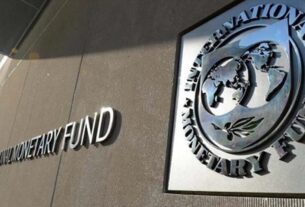With the full implementation of the African Continental Free Trade Area (AFCFTA) agreement still being awaited, Nigeria and other African countries have been charged to look beyond removal of trade tariffs and start addressing the critical issue of infrastructure deficit in the continent.
Rwanda High Commission to Nigeria, High Commissioner Christophe Bazivamo, made this known in an interview with New Telegraph in Lagos.
He said AFCFTA was not only removal of trade tariffs as its merit for establishing the continental trade treaty, rather investment is needed to be channeled to modern roads, efficient railways, and revitalised ports, and stitching the continent together in a seamless web of connectivity. Bazivamo explained that the African Continental Free Trade Area stands as a testament to the collective vision of an Africa united in commerce as one unified trade market, empowered by increased trade among African countries, and thriving on shared prosperity; a vision of an Africa with free movement of people following removal of visas.
According to him, without robust ground, air, and water transport networks, efficient logistics will remain a dream, adding that improvement in infrastructure is key in delivering a successful continental trade partners. Bazivamo said: “I stand before you today talking to you, not only as the High Commissioner of Rwanda to Nigeria, but as a proud representative of a continent poised for an economic renaissance.
“The African Continental Free Trade Area (AFCFTA) stands as a testament to our collective vision: a vision of an Africa united in Commerce as one unified trade market, empowered by increased trade among African countries, and thriving on shared prosperity, a vision of an Africa with free movement of people following removal of visas. “Rwanda, like many other African nations, recognises the immense potential this agreement holds. “We have witnessed firsthand the transformative power of intra African trade fueled by the removal of trade tariffs.
This is just one example of the many success stories waiting to be written across our continent. “However, unlocking the full potential of the AFCFTA requires more than just eliminating tariffs. We must address the critical issue of infrastructure. Without robust ground, air, and water transport networks, efficient logistics will remain a dream. “We must invest in modern roads, efficient railways, and revitalised ports, stitching our continent together in a seamless web of connectivity. “Only then can trade thrive, delivering goods swiftly and cost effectively across vast distances.
“Rwanda’s commitment to this, is evident in projects like the Bugesera International Airport, a modern facility poised to become a regional hub for trade and logistics, and the Kigali Innovation City, a vibrant hub for tech startups and entrepreneurs. “In a bid to widen tourism and spur trade and investment, Rwanda has opened up her shores to the rear of the World by waiving entry visas to visitors from all over Africa, the Commonwealth, and la Francophonie nations.”
Speaking further, the envoy added: “Beyond the removal of trade barriers and development of infrastructures, to truly unlock the AFCFTA potential, we must also nurture our local industries to transform Africa from a resource exporter to a manufacturing powerhouse. “This requires a two- pronged approach: quality and consistency.
Let us nurture our entrepreneurs, empower our skilled workforce especially our youth, and invest in technology that elevates our products to global standards. “The “Made in Rwanda programme initiated by the Government of Rwanda in 2015 stands as a testament to the deep commitment to supporting local industries and enhancing the quality and quantity of goods. “Simultaneously, consistent access to raw materials is crucial.
Streamlining resource extraction and processing will provide a reliable supply chain, allowing our factories to operate seamlessly. “Collaboration and information sharing between governments and private sector players will be key in achieving this.” According to him, “I would like to tell you that AFCFTA is not a spectator sport.
It demands our collective participation. We must invest in infrastructure, promote local industries and jobs creation with a focus on quality and consistency, and showcase our capabilities on the world stage. “By working together, changing mindsets and believing in the power of “Made in Africa, we can transform this potential into a reality, a reality where Africa finally trades not just goods, but its own narrative of resilience, invention, and limitless prosperity.” New Telegraph.





